A United Nations judge and Ugandan High Court judge, Lydia Mugambe, has been found guilty of modern slavery offenses under the UK Modern Slavery Act 2015. She was convicted at Oxford Crown Court of conspiring to facilitate a breach of UK immigration law, facilitating travel to exploit, forcing someone to work, and conspiring to intimidate a witness. She is currently in custody and is set to be sentenced on May 2, 2025, where she could face a life sentence under UK law.
Mugambe was arrested in Oxfordshire, where she lived after Thames Valley Police responded to allegations that she had forced a young Ugandan woman to work as a maid and provide childcare without pay. Footage captured her shocked reaction when officers informed her that she was being arrested for slavery-related crimes. In her defense, she claimed diplomatic immunity and insisted that she was “not a criminal” but rather a judge with a diplomatic passport. However, the United Nations waived any immunity, allowing her prosecution.
At the time of her arrest, Mugambe was also a PhD student in Law at the University of Oxford, which further complicated her legal status in the UK. While studying, she had no authority to sponsor a visa, yet she conspired with others to facilitate the victim’s travel under pretenses.
Prosecutors alleged that Mugambe took advantage of her status over the victim, preventing her from holding steady employment while forcing her into unpaid domestic labor. During the trial, Caroline Haughey KC argued that Mugambe had exploited and deceived the victim, using her lack of understanding of her fundamental employment rights to manipulate her into forced labor.
The court also heard that Mugambe conspired with Ugandan Deputy High Commissioner John Leonard Mugerwa to arrange for the victim’s travel to the UK. The prosecution described their arrangement as a “dishonest trade-off,” where Mugerwa secured the victim’s visa in exchange for Mugambe’s assistance in a legal case involving Mugerwa. The Thames Valley Police investigated Mugerwa’s role, but he escaped prosecution due to diplomatic immunity, which the Ugandan government declined to waive.
Mugambe denied all accusations, stating in court that she had never forced the victim to work nor had she exploited her in Uganda or the UK. She asserted that she had always treated her with love, care, and patience. However, jurors rejected her defense and found her guilty of engaging in illegal exploitation.
The victim, whose identity remains protected, testified that she initially felt “lonely and stuck” after her working hours were restricted. According to her UN profile, Mugambe was appointed to the United Nations judicial roster in May 2023, just three months after police were first called to investigate her in Oxfordshire.
Mugambe now awaits sentencing at Oxford Crown Court on May 2, 2025. Meanwhile, questions linger about how she managed to bring a vulnerable woman into the UK under pretenses, even as she faces severe legal consequences.
Mugambe now awaits sentencing at Oxford Crown Court on May 2, 2025. Meanwhile, questions linger about how she managed to bring a vulnerable woman into the UK under pretenses, even as she faces severe legal consequences. What are your thoughts on this case? Do you think diplomatic immunity should be waived more often in cases of serious crimes? Share your views in the comments below!


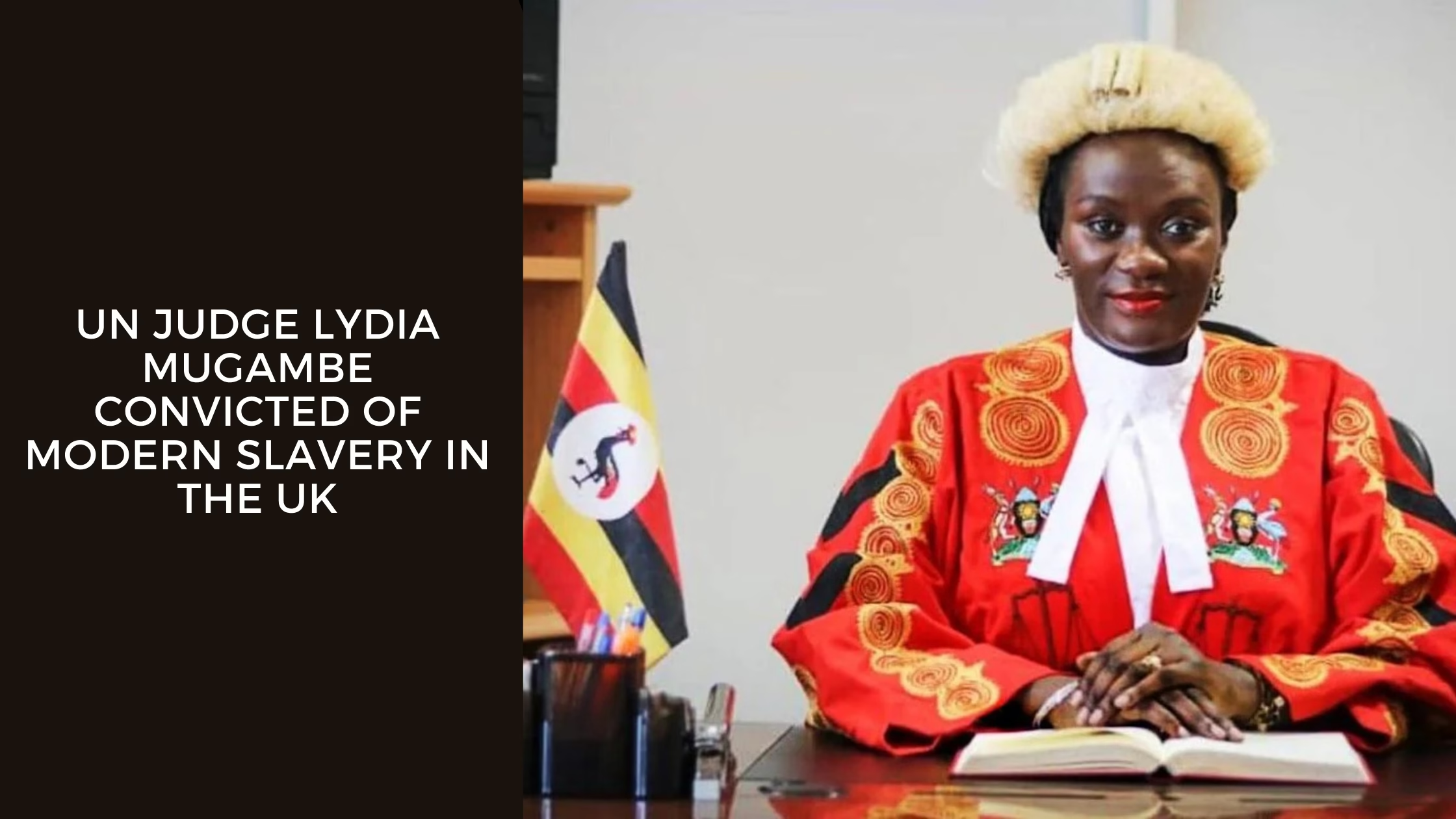


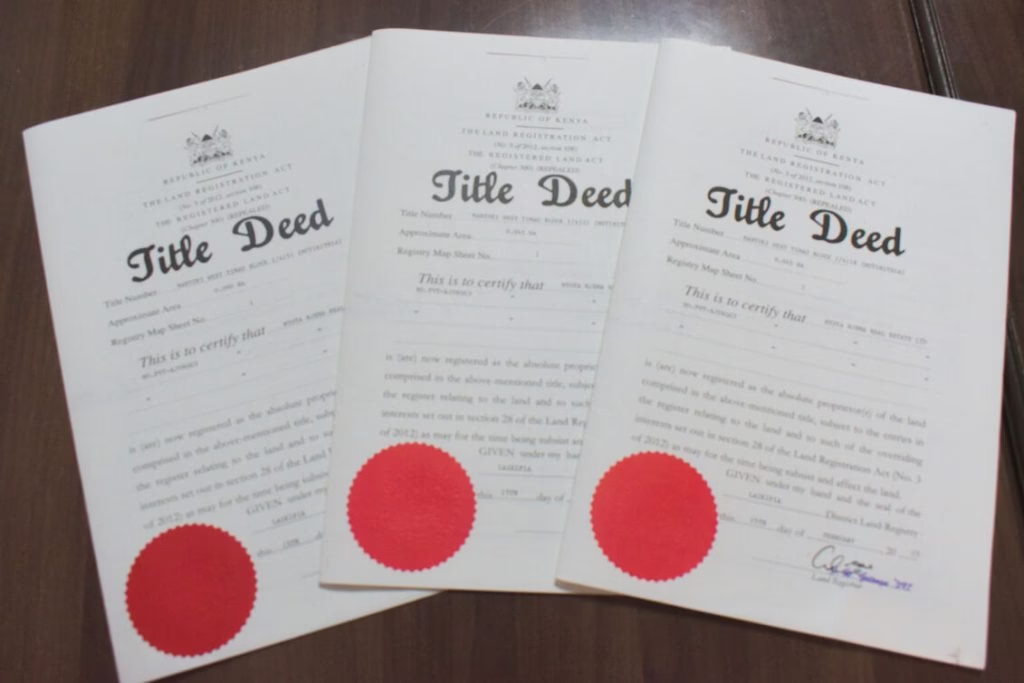

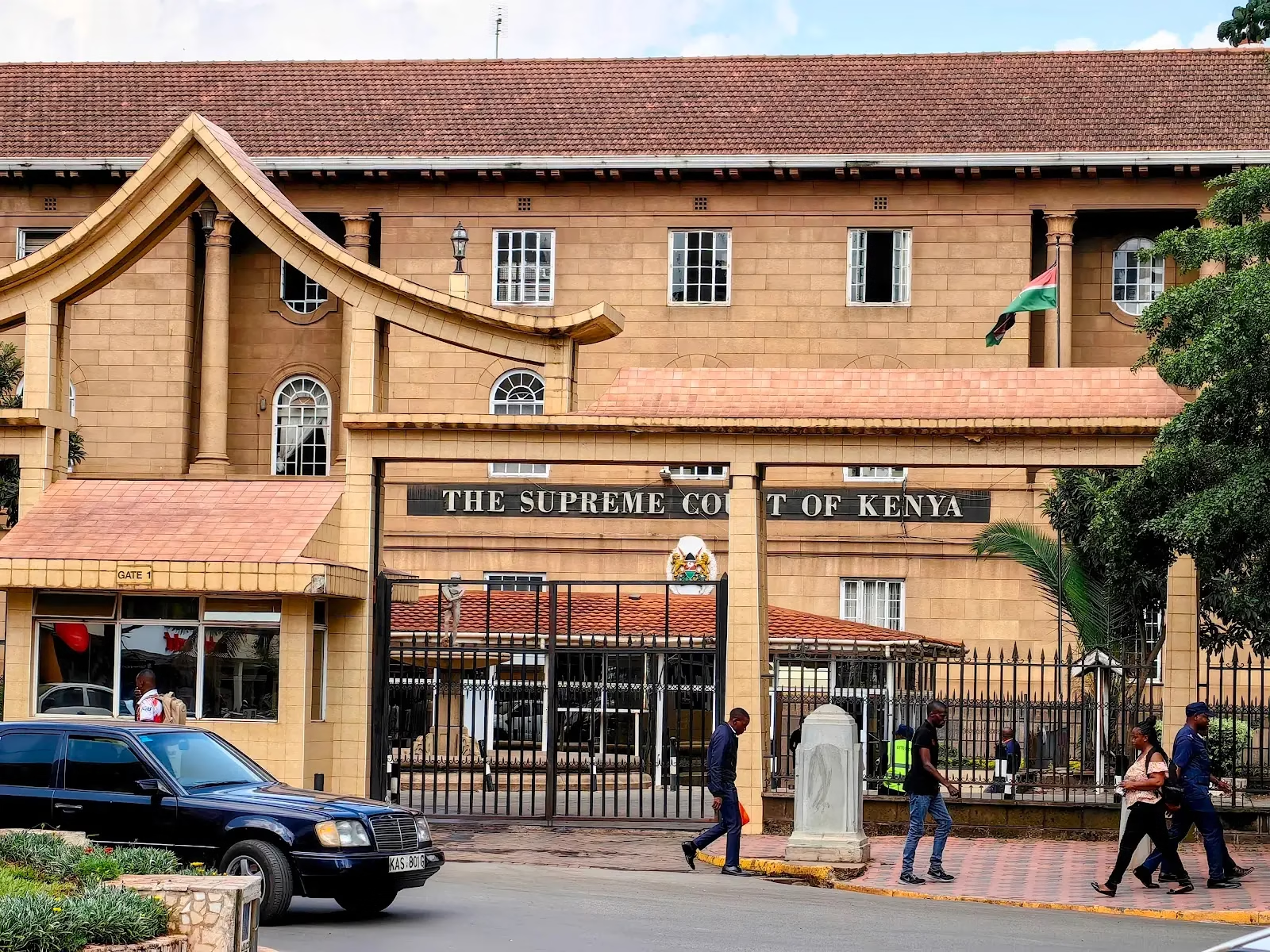




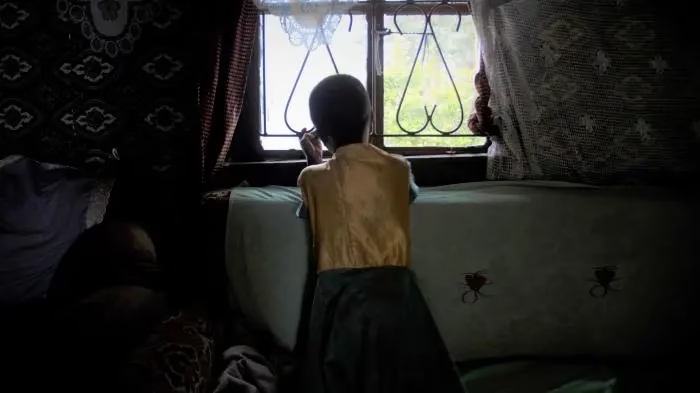
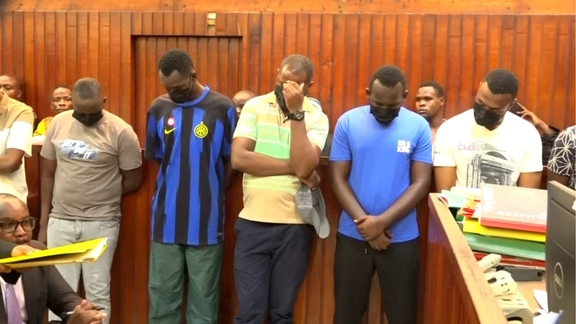
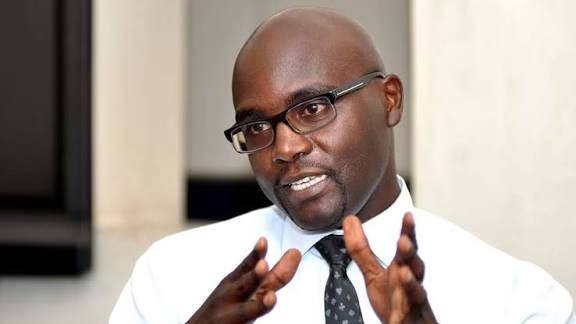







Leave a Reply